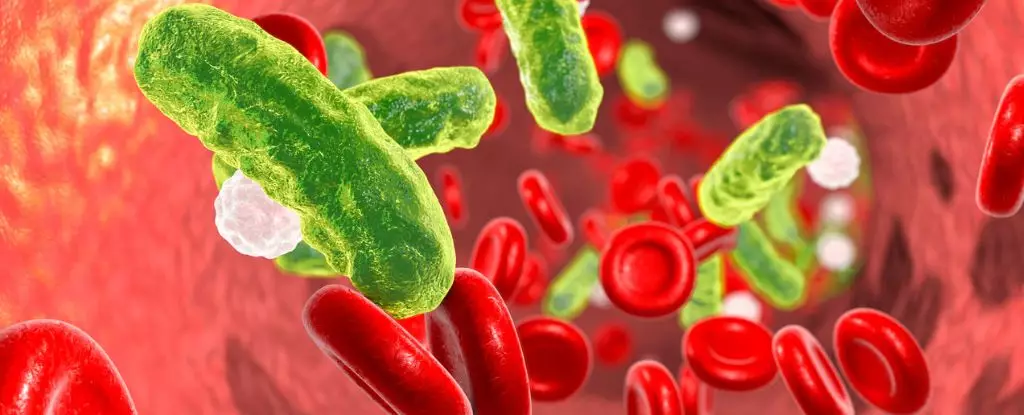Within the realm of medical science, researchers at Uppsala University in Sweden have uncovered a novel approach to combat drug-resistant bacterial infections. This groundbreaking discovery highlights the identification of a new class of antibiotics that has the potential to revolutionize the ongoing battle against antibiotic resistance. While the antibiotic has solely been tested on mice at this point, the implications for further drug development are vast.
Gram-negative bacteria, such as Escherichia coli and Klebsiella pneumoniae, pose significant health risks, causing various infections ranging from bowel and blood to lung, bladder, and blood infections. These types of bacteria possess a double membrane that acts as a formidable barrier against conventional antibiotics, making it challenging to eradicate them. Unlike gram-positive bacteria that have multiple drug families targeting them, gram-negative bacteria require a different approach due to their outer membrane’s composition.
The newly discovered antibiotic targets an enzyme known as LpxH, crucial for synthesizing lipopolysaccharides, essential components of the outer membrane of gram-negative bacteria. By inhibiting this enzyme, researchers were able to disrupt the integrity of the bacteria’s cell membrane, rendering them vulnerable to treatment. This unique mechanism of action proved highly effective in combating drug-resistant strains of E. coli and K. pneumoniae in mice within a short timeframe.
Mice injected with drug-resistant bacteria were administered compounds designed to inhibit LpxH, resulting in a remarkable reduction in bacterial count within hours. The ability to treat bloodstream infections rapidly with a single dose of the antibiotic signifies its potential to combat life-threatening infections caused by multi-drug-resistant pathogens. The success story of the compound named JEDI-1444 underscores the importance of ongoing research in developing innovative solutions for antibiotic resistance.
One of the most pressing issues in modern medicine is the rise of antibiotic-resistant bacteria, leading to increased mortality rates globally. With the current rate of adaptation by bacteria, the need for new classes of antibiotics is more urgent than ever. The existing arsenal of antibiotics largely consists of variations of drugs discovered decades ago, highlighting the critical need for innovative discoveries such as the new class of antibiotics targeting gram-negative bacterial infections.
In recent years, the World Health Organization (WHO) has identified drug-resistant gram-negative bacteria as a top priority due to their resistance to broad-spectrum antibiotics. Pathogens such as E. coli and K. pneumoniae are becoming increasingly difficult to treat, posing a significant threat to public health. With antibiotic resistance projected to cause millions of deaths annually by 2050, the development of effective treatments, like the newly discovered class of antibiotics, is crucial in saving lives and ensuring a healthier future for humanity.


Leave a Reply